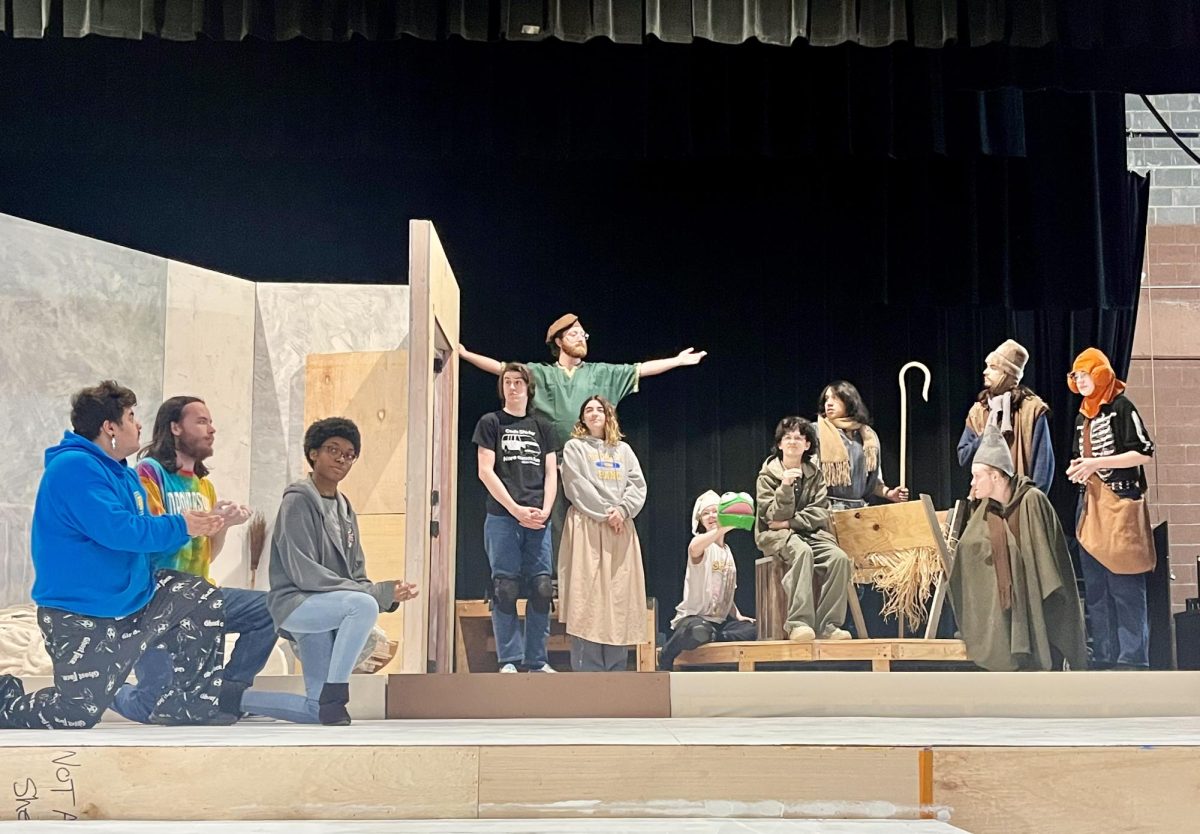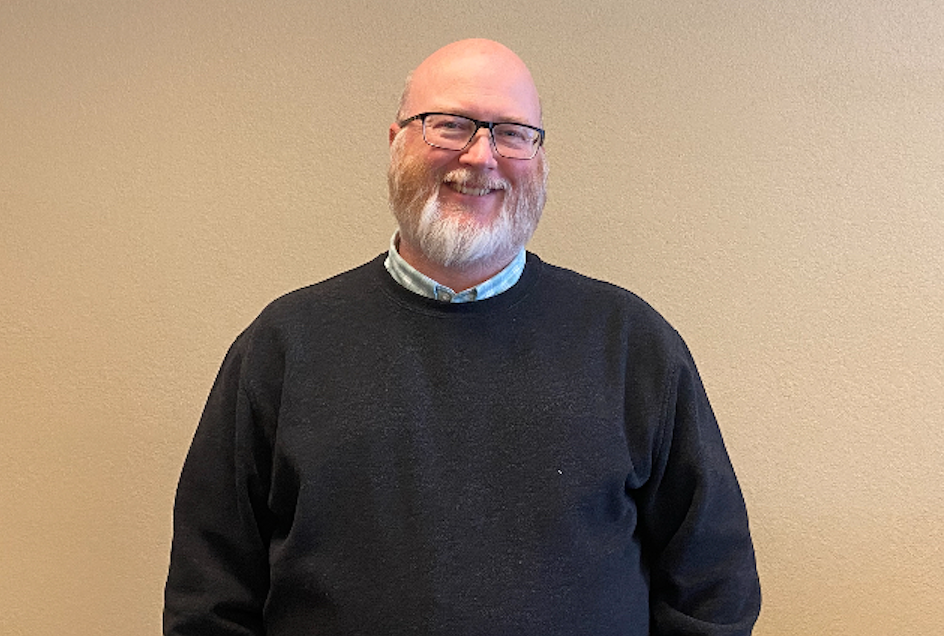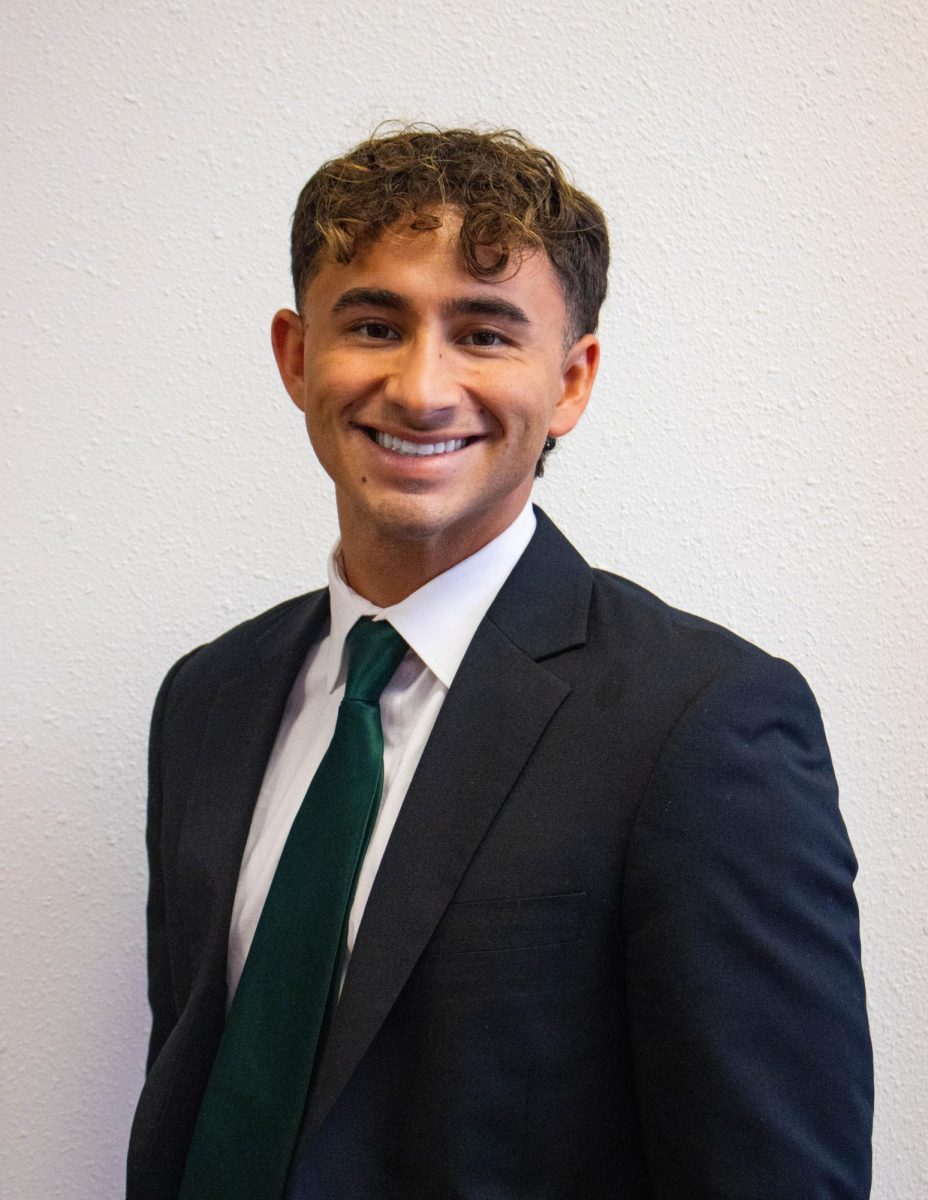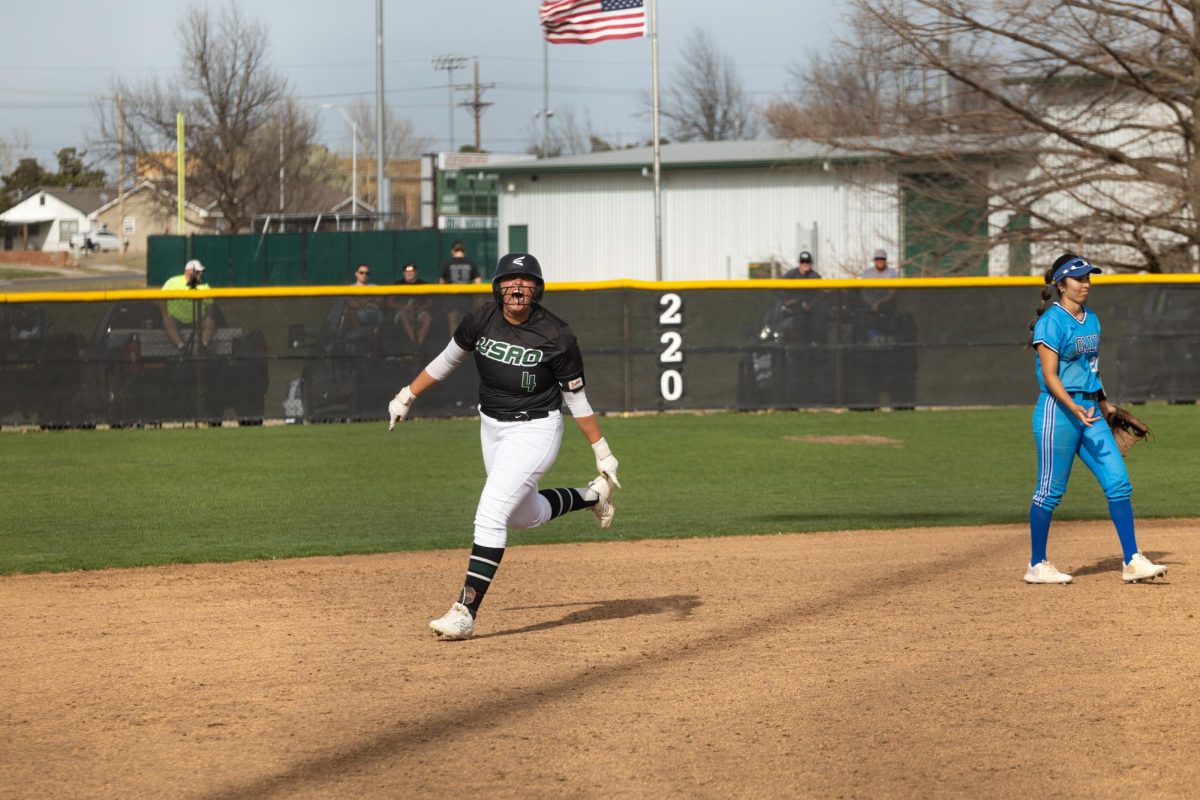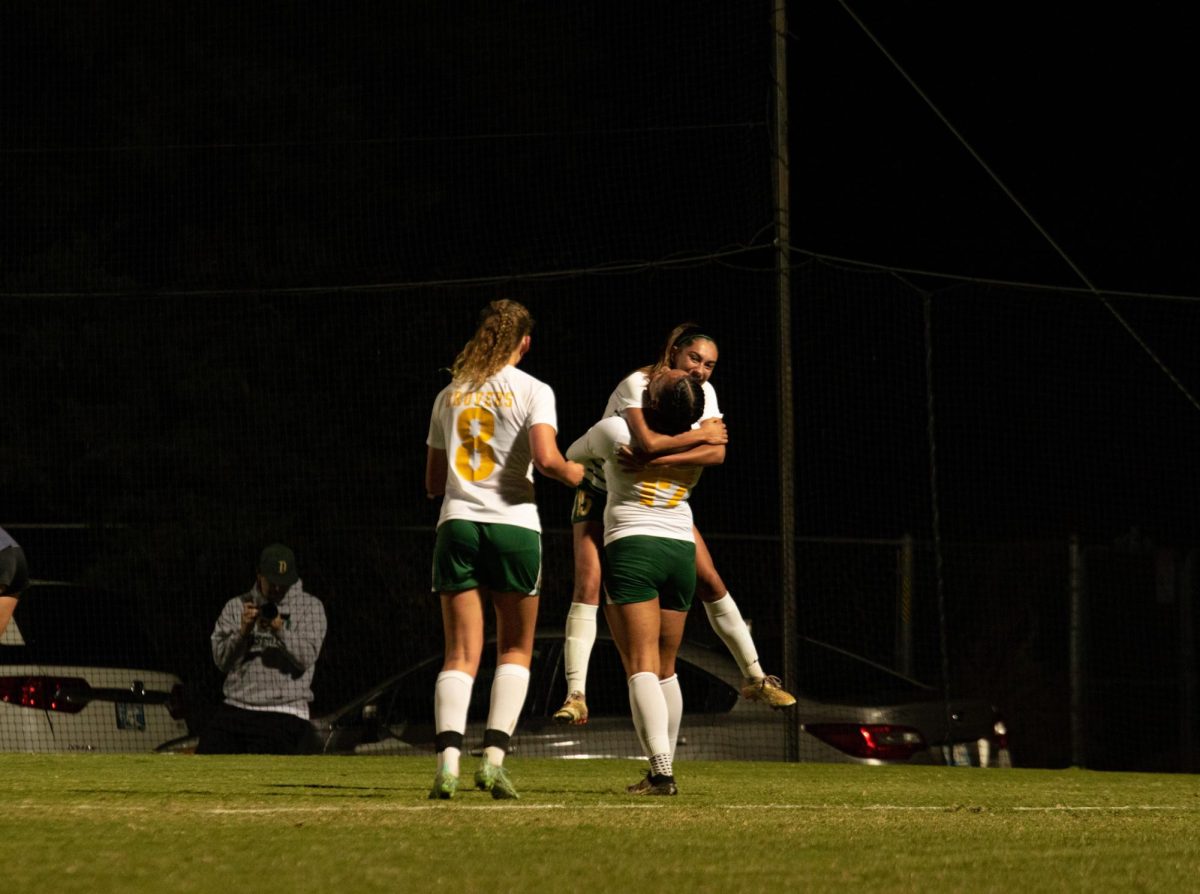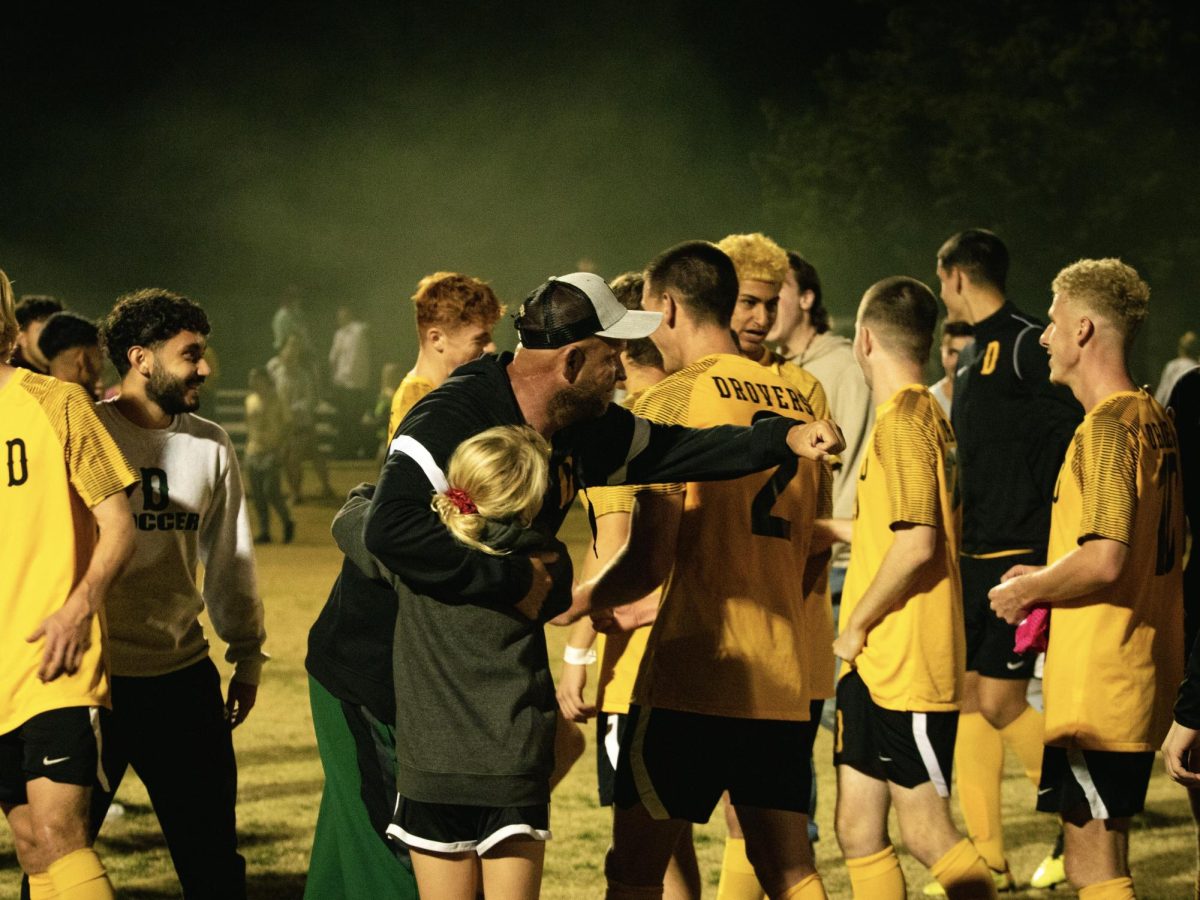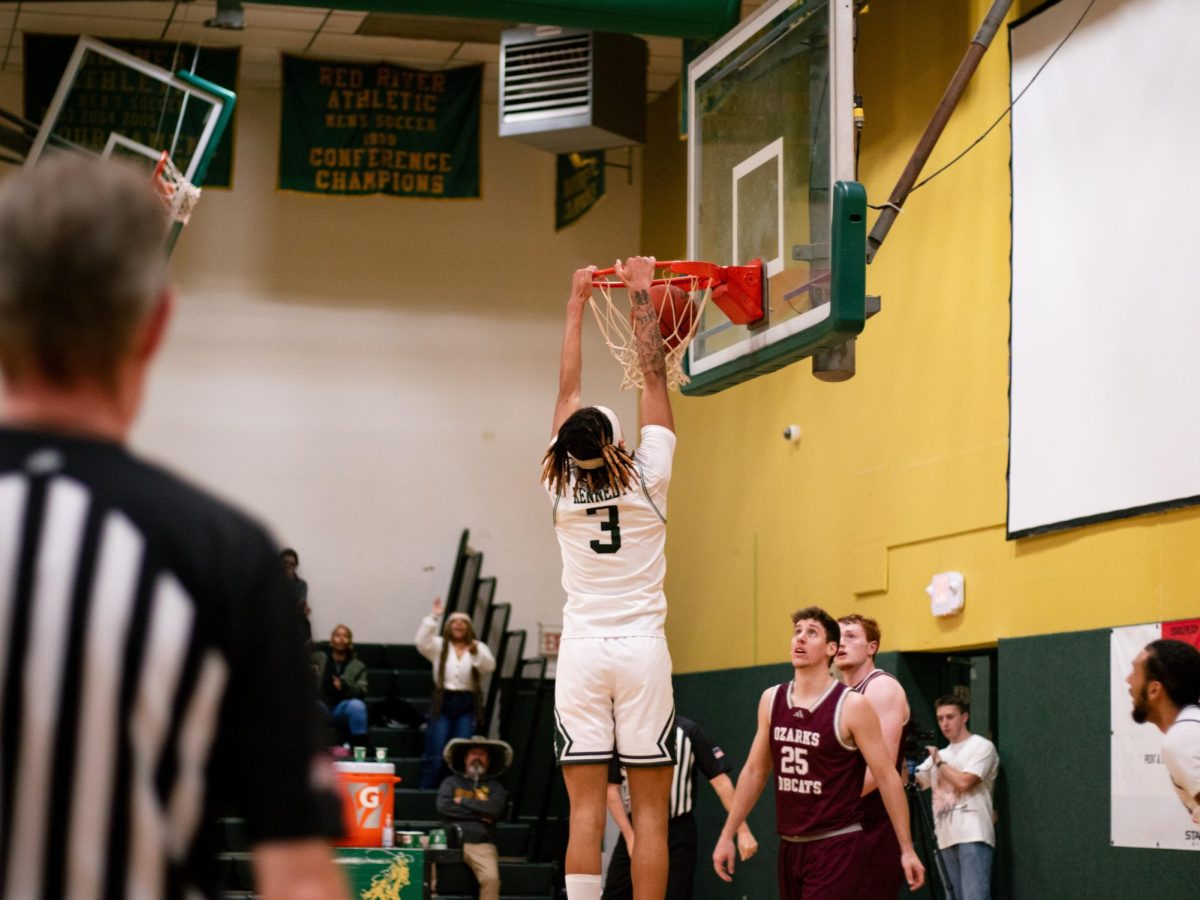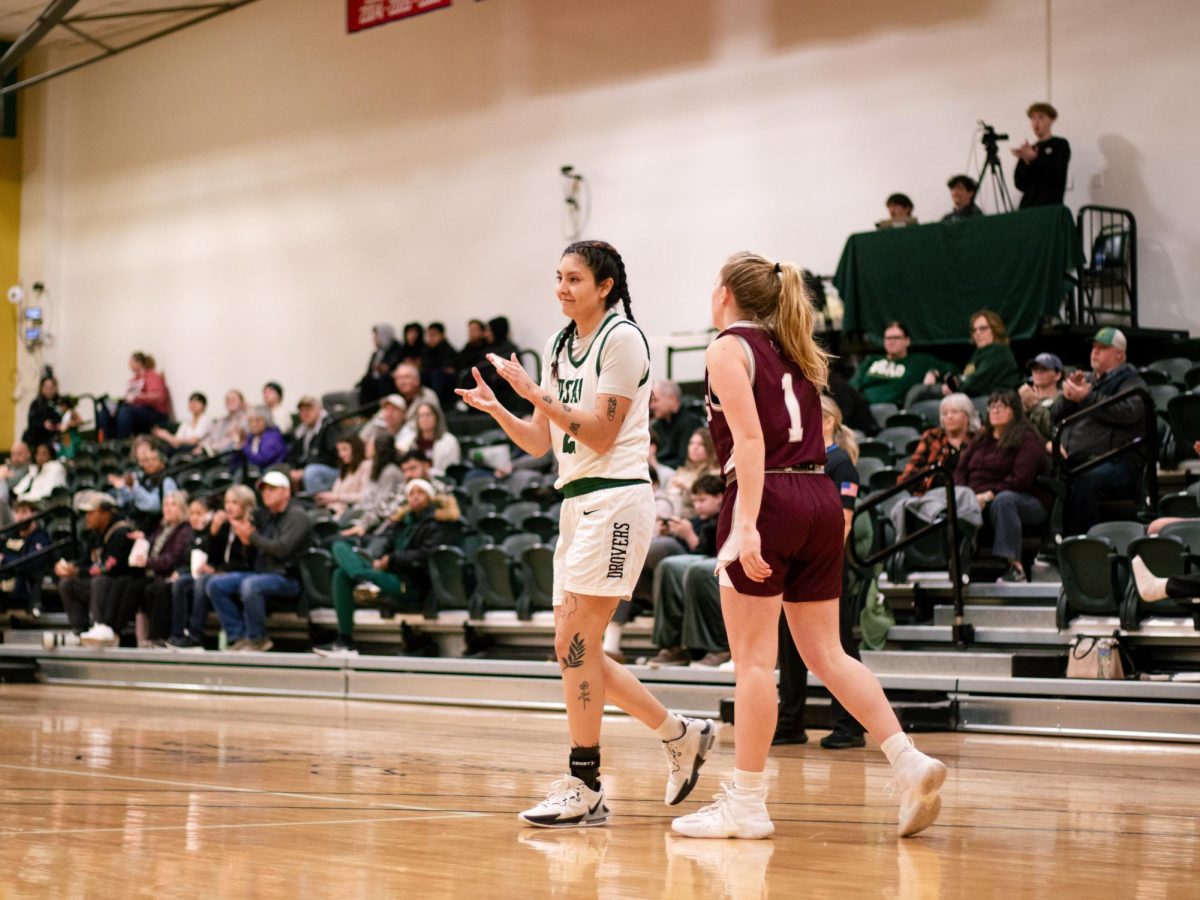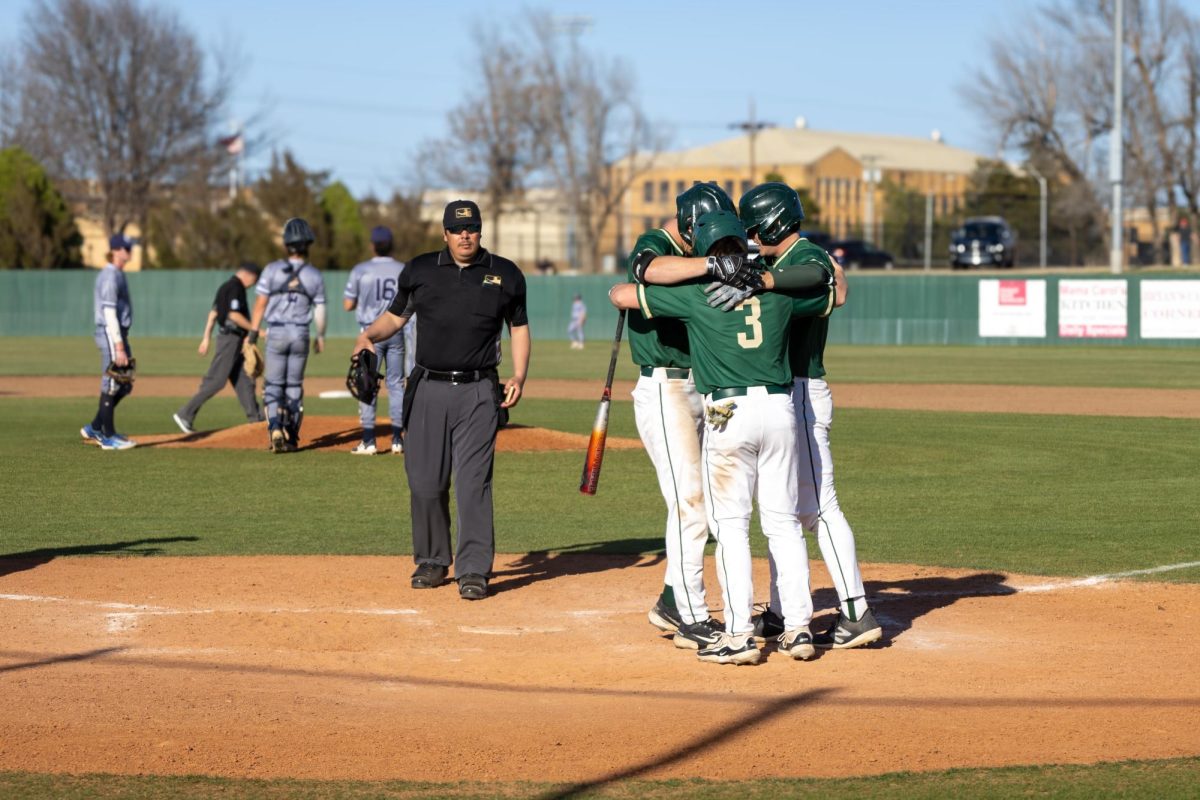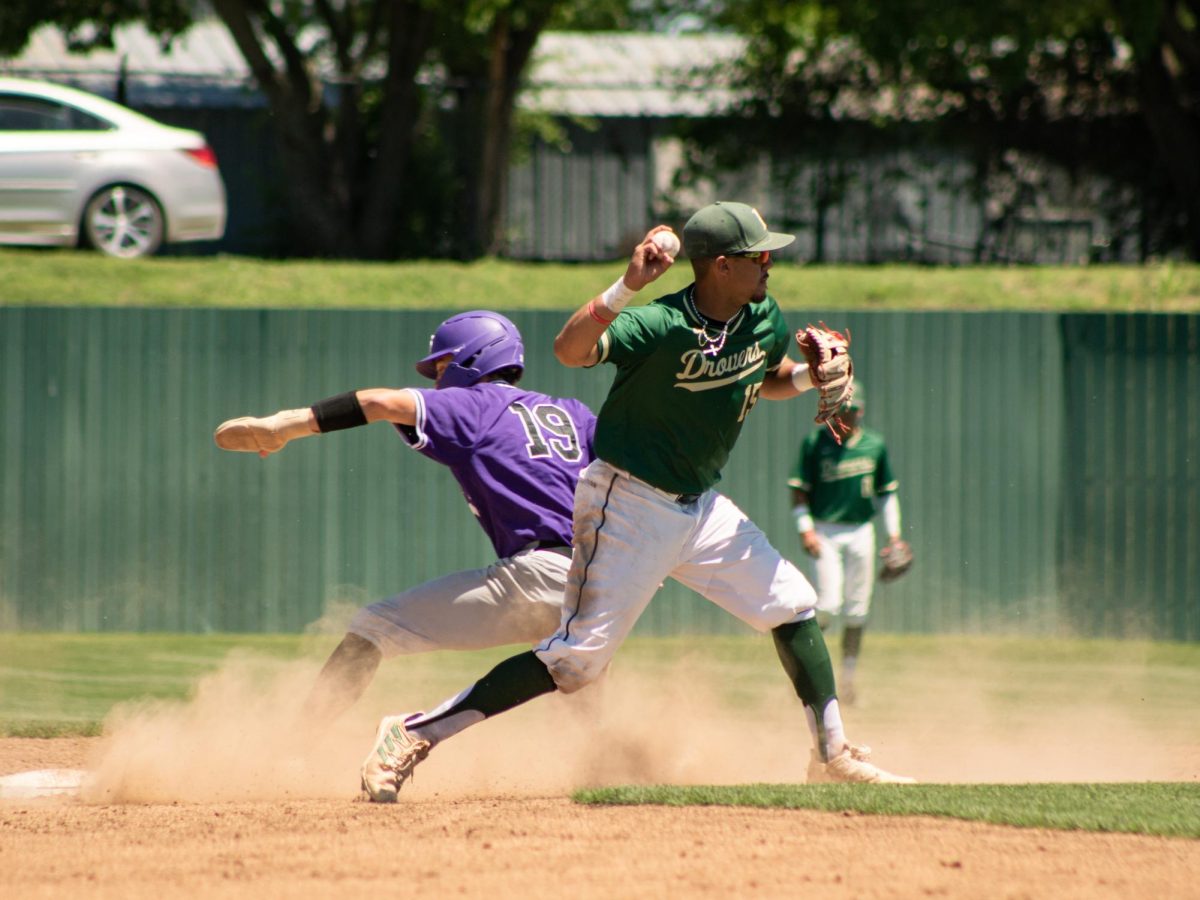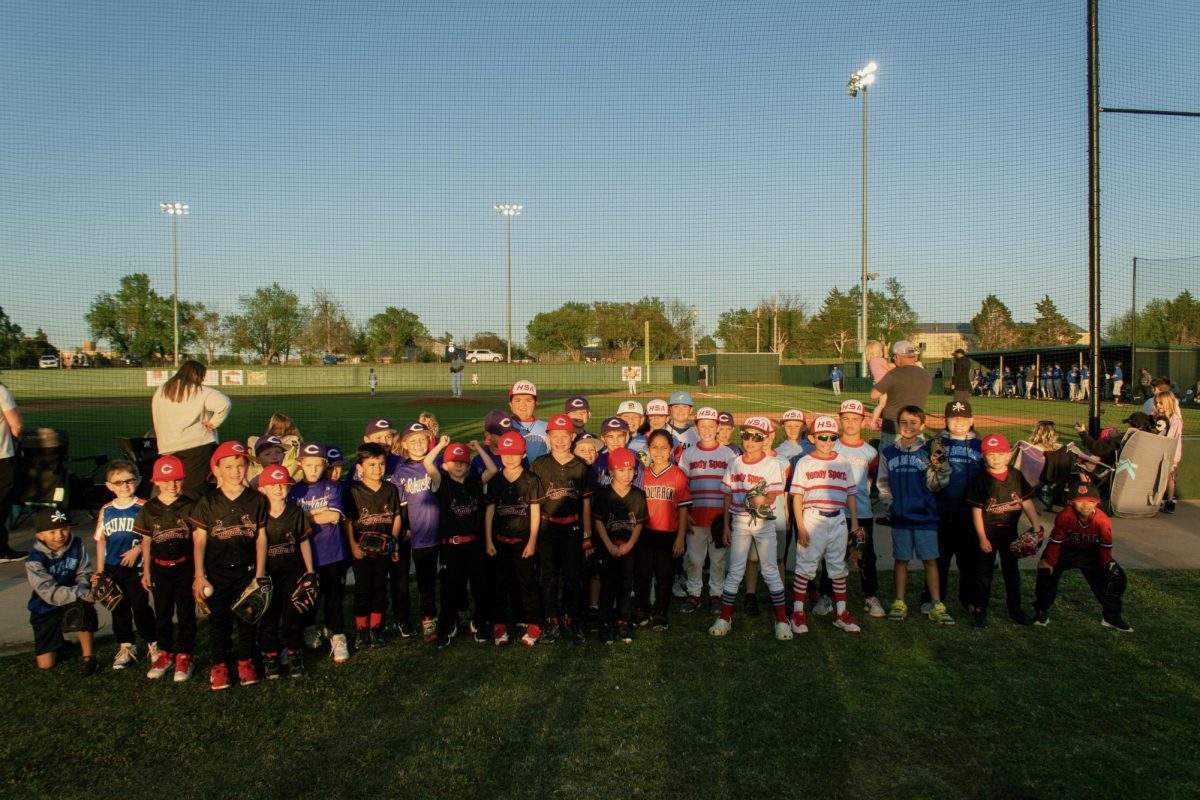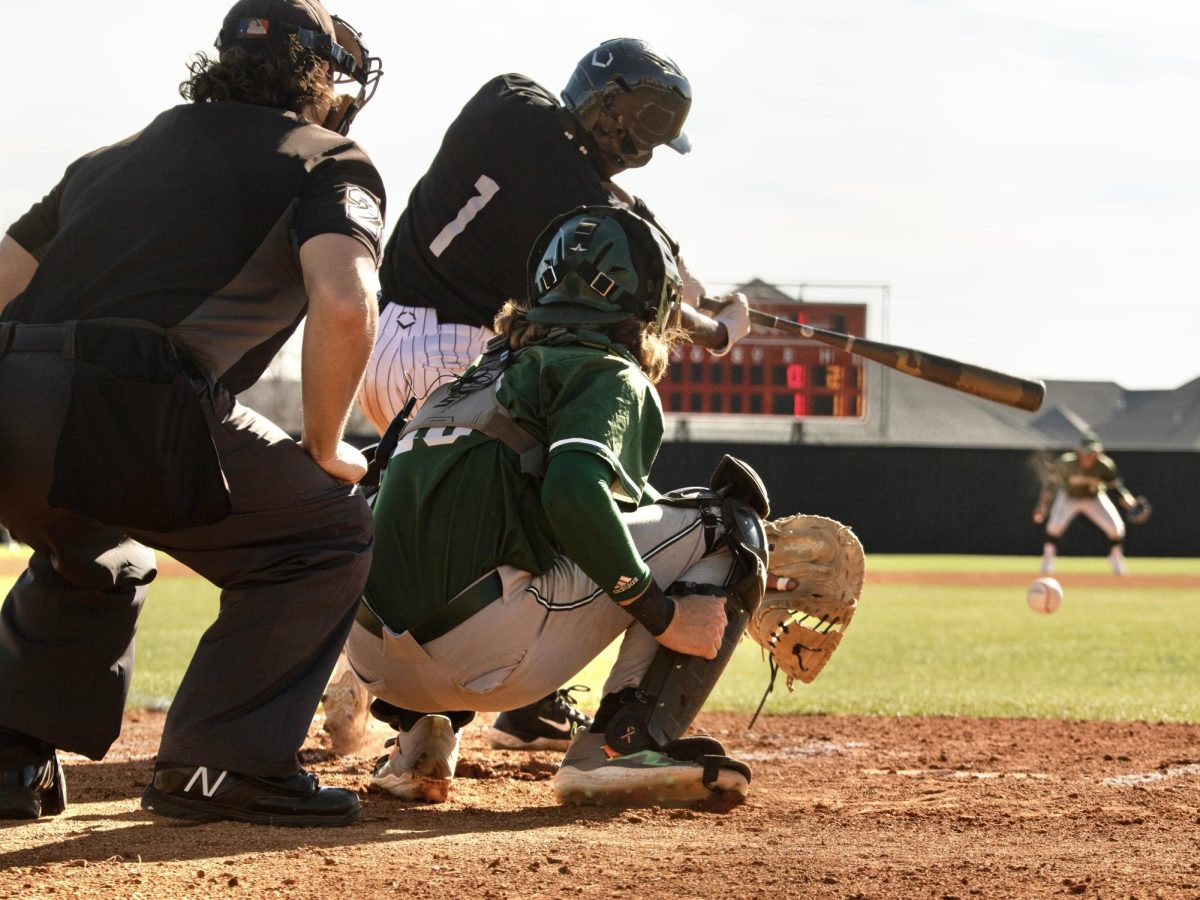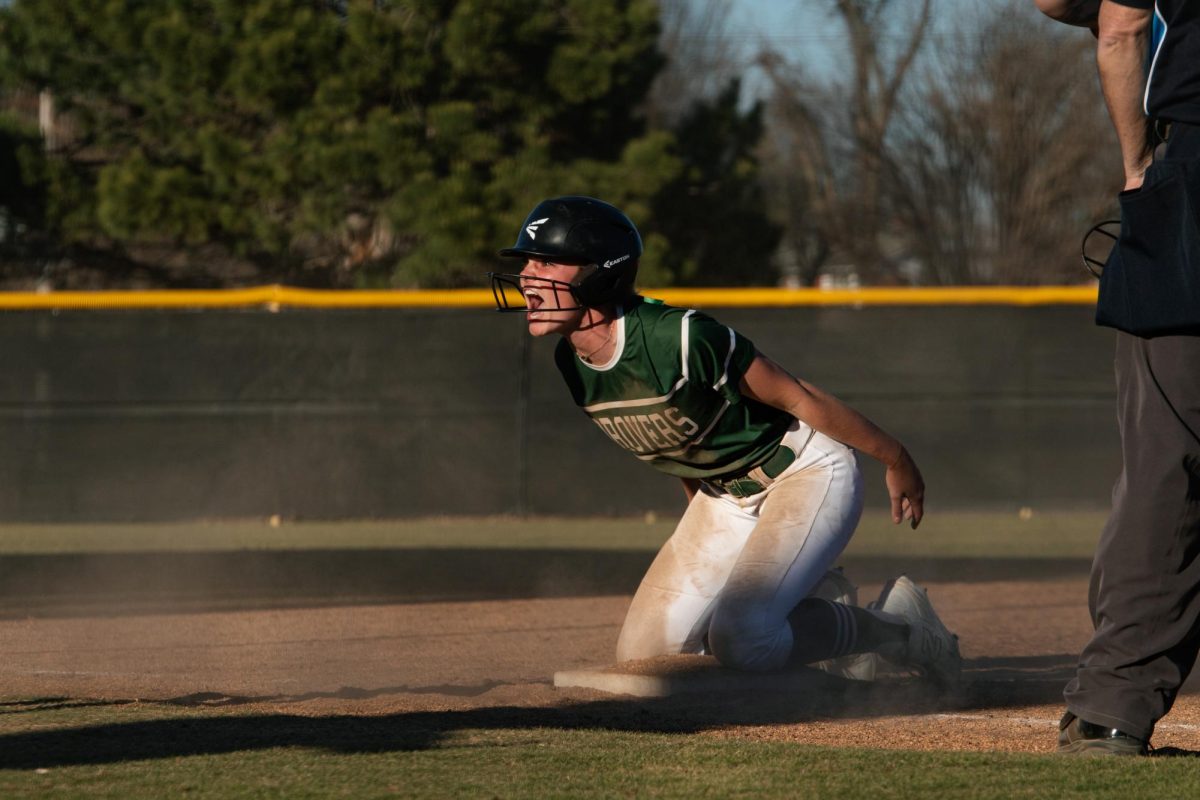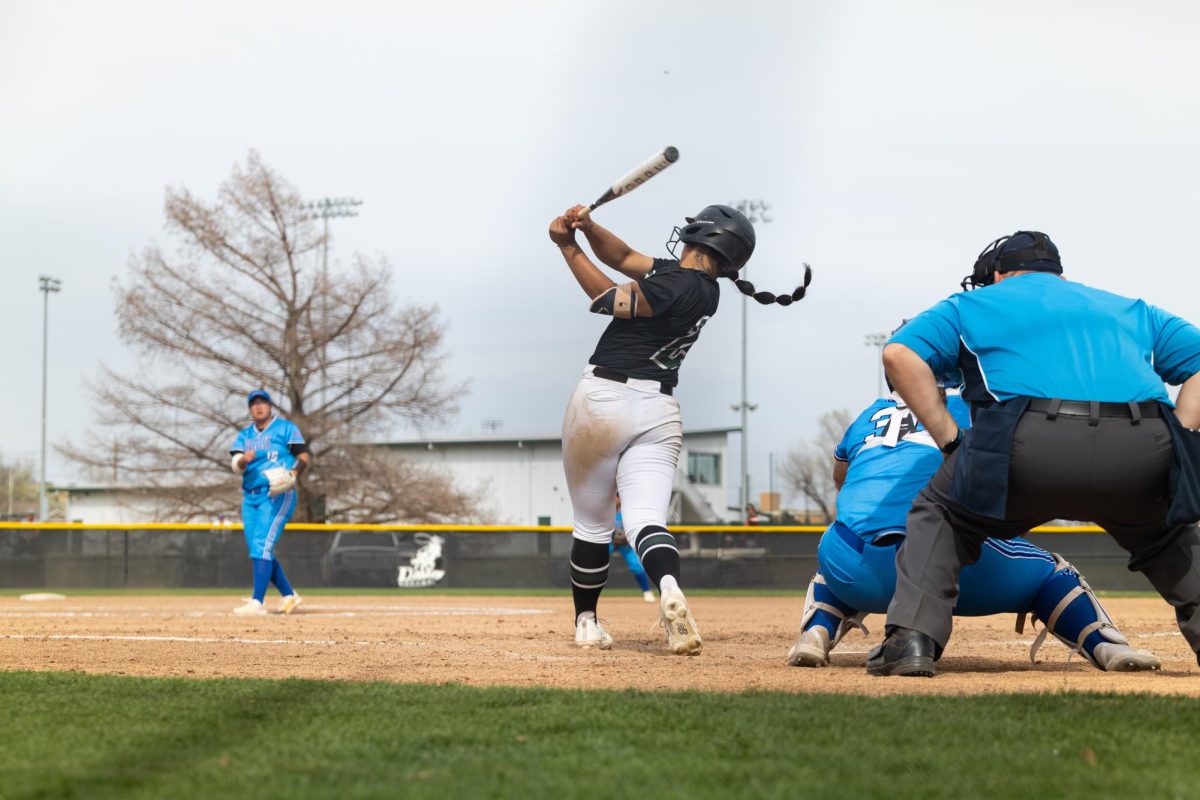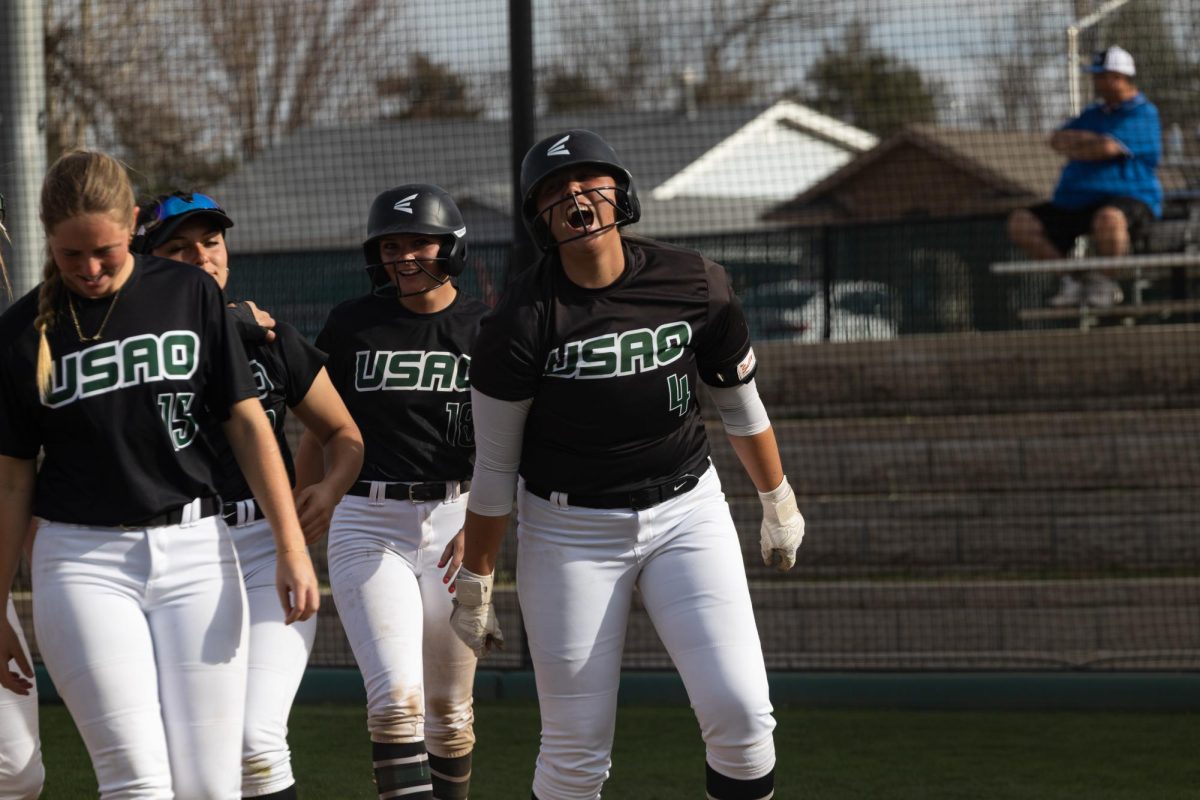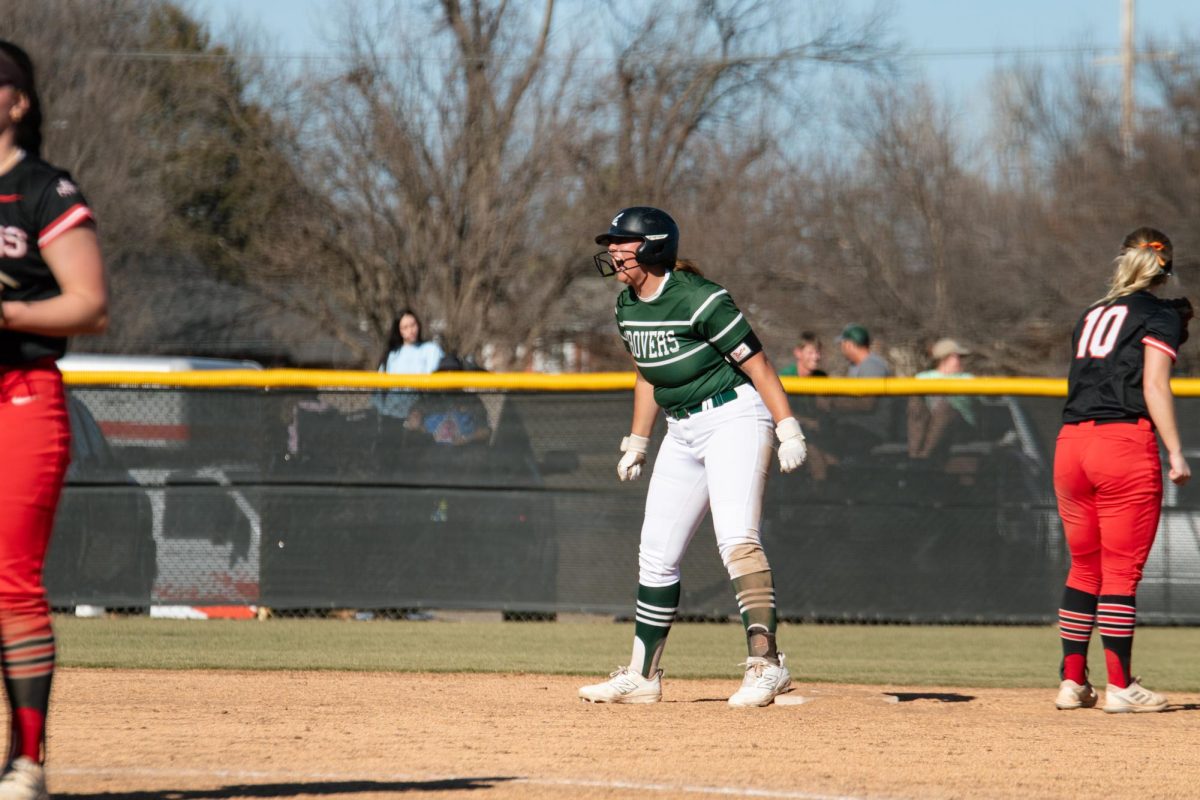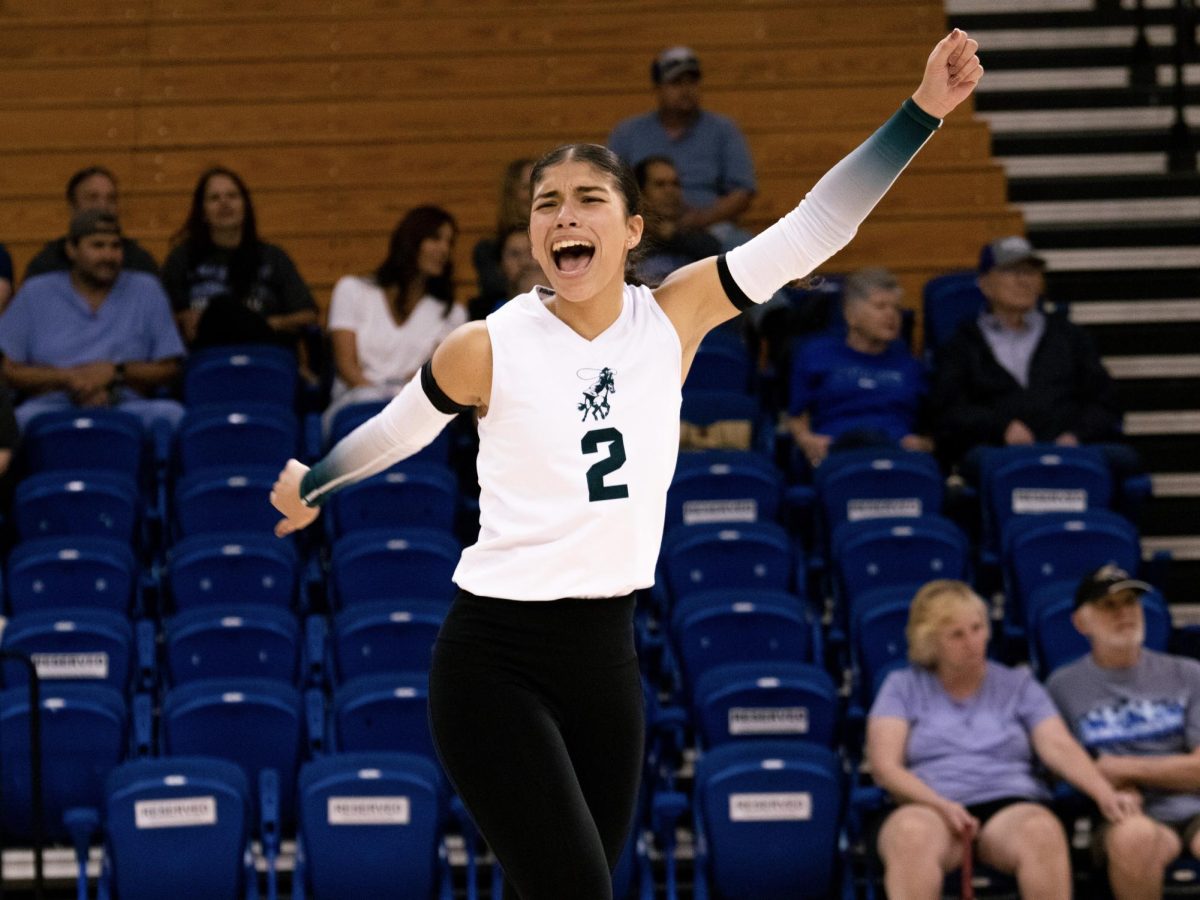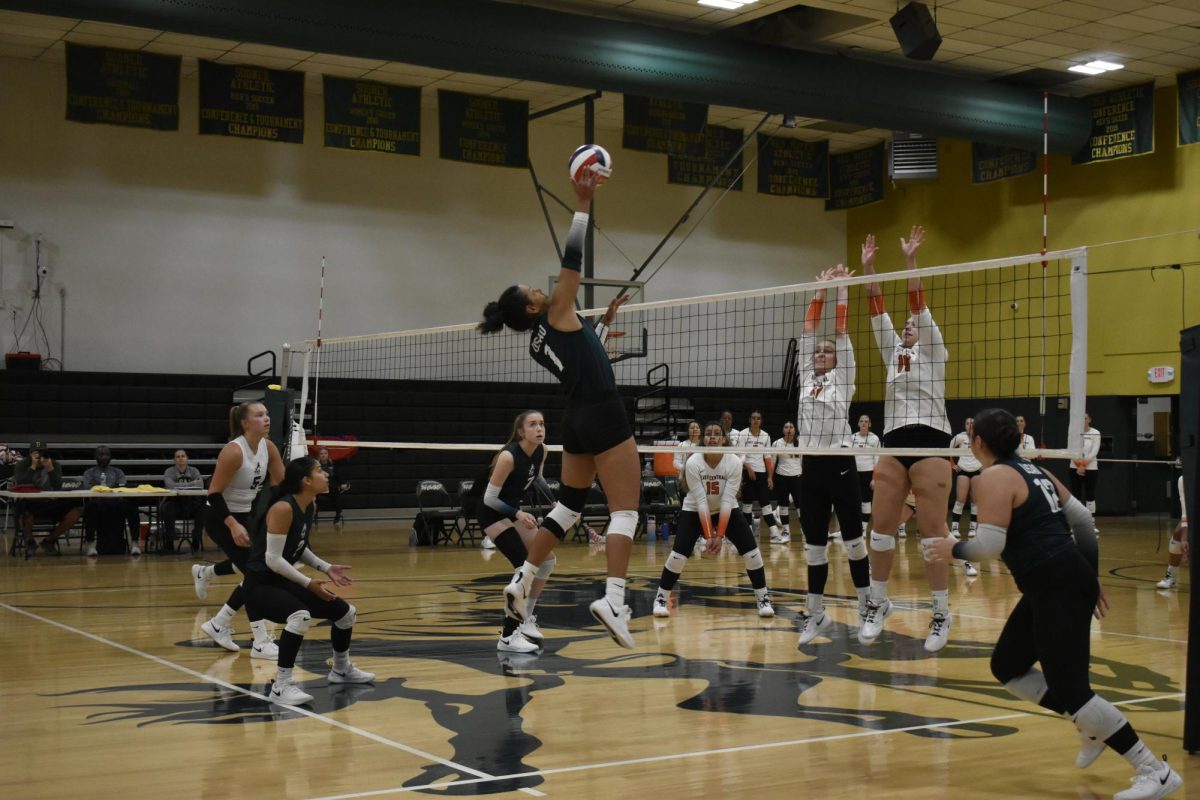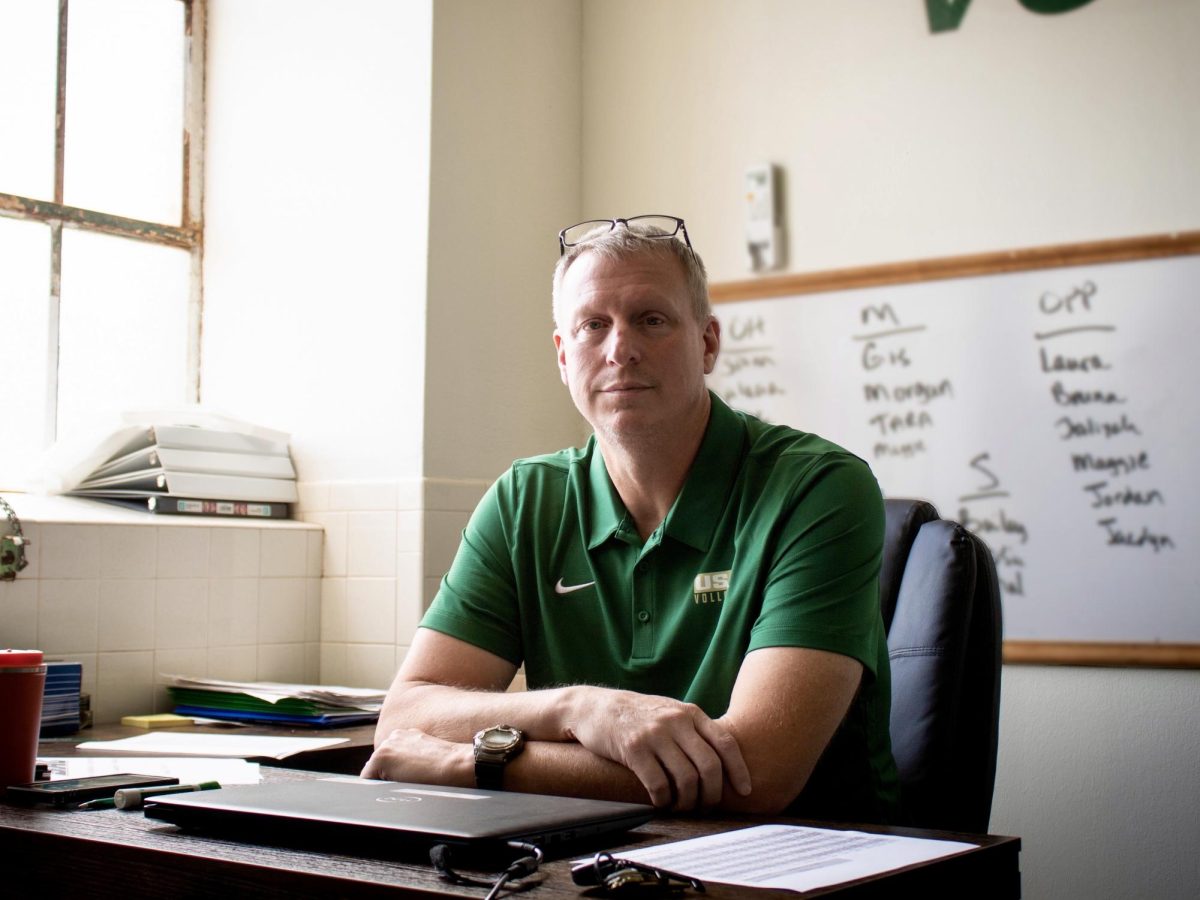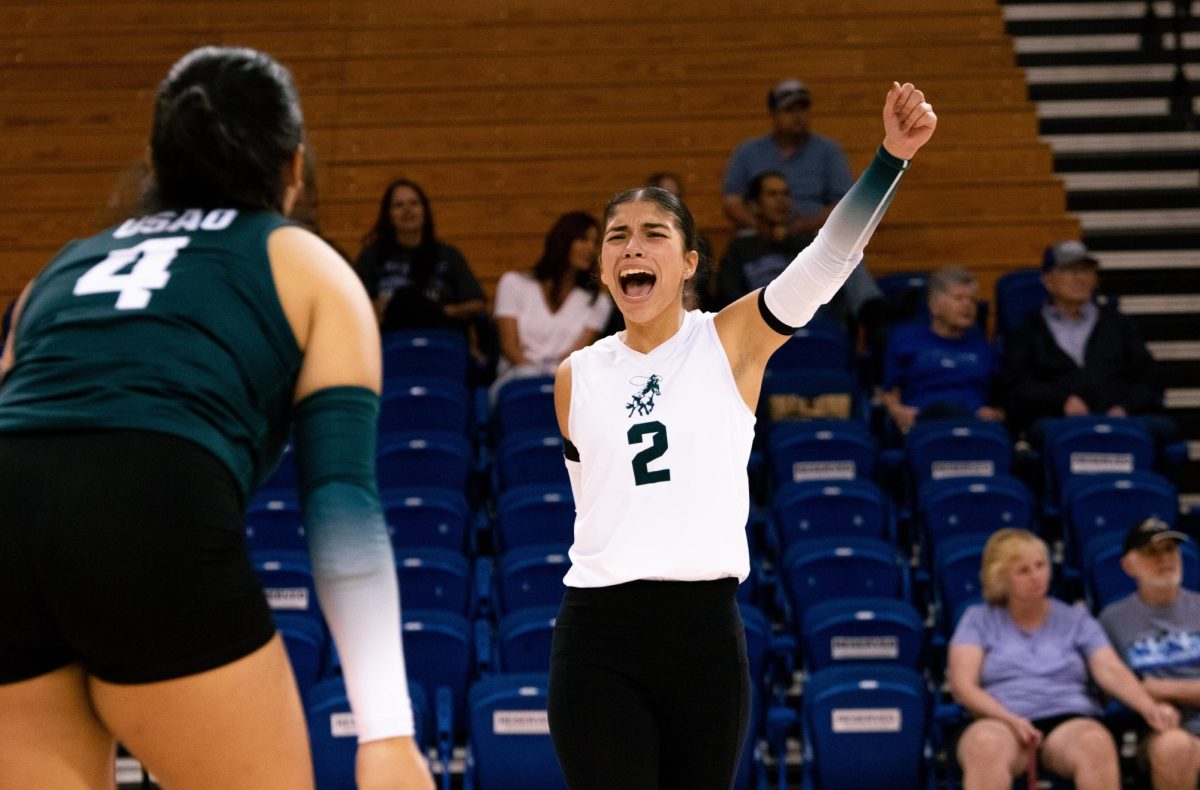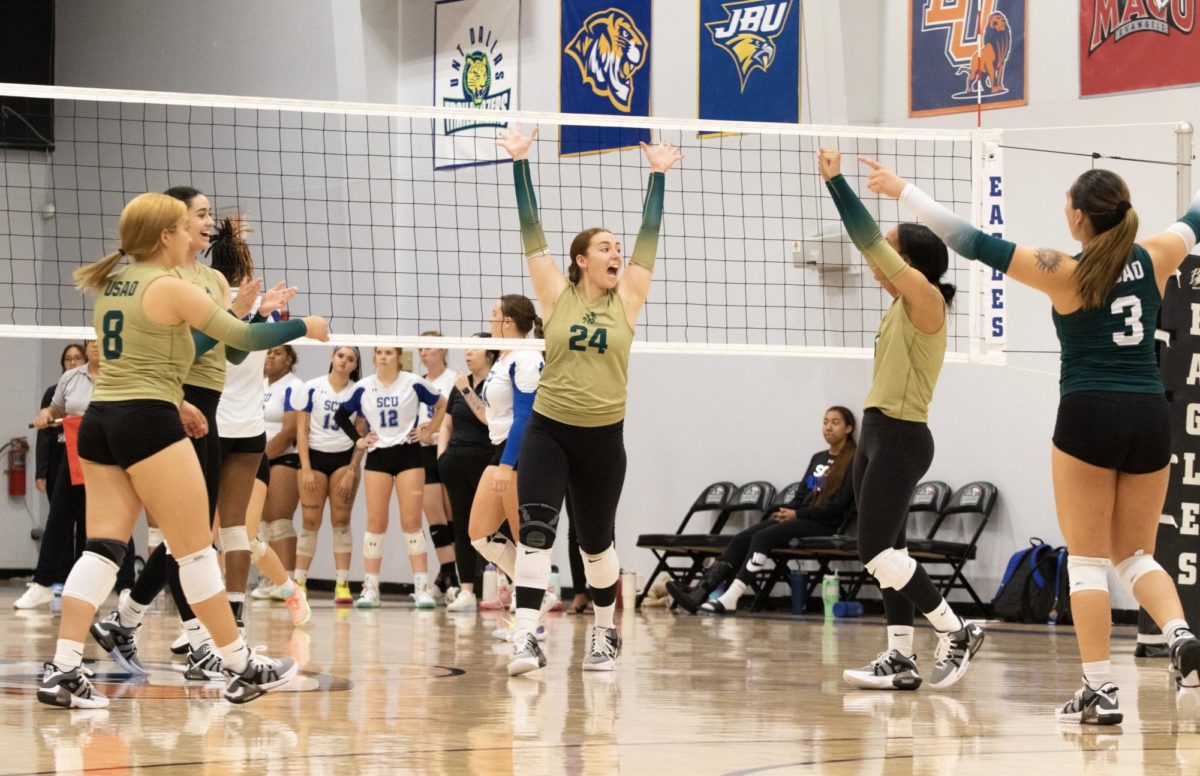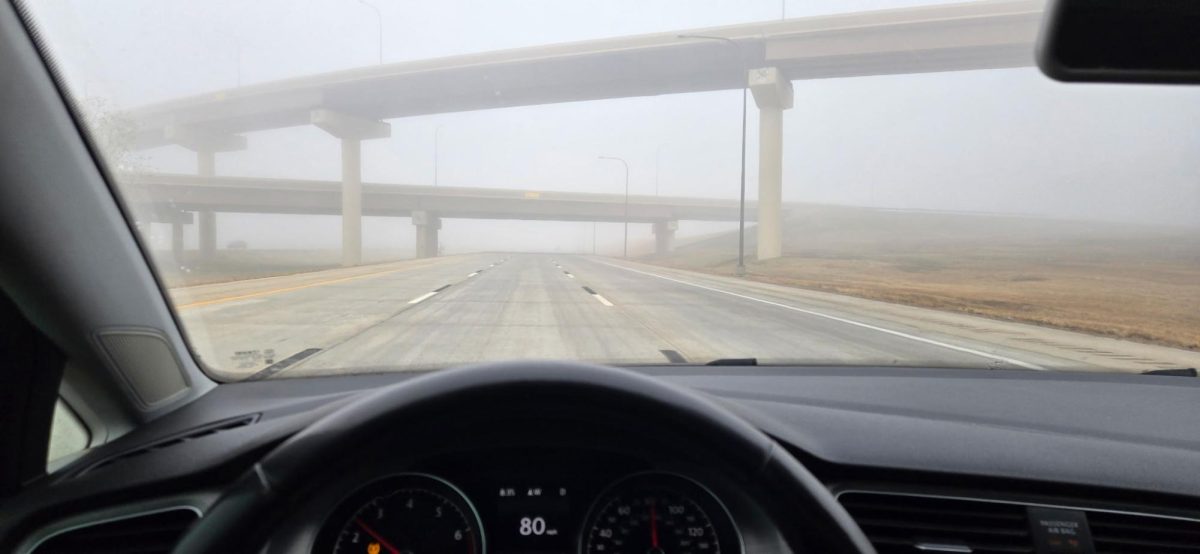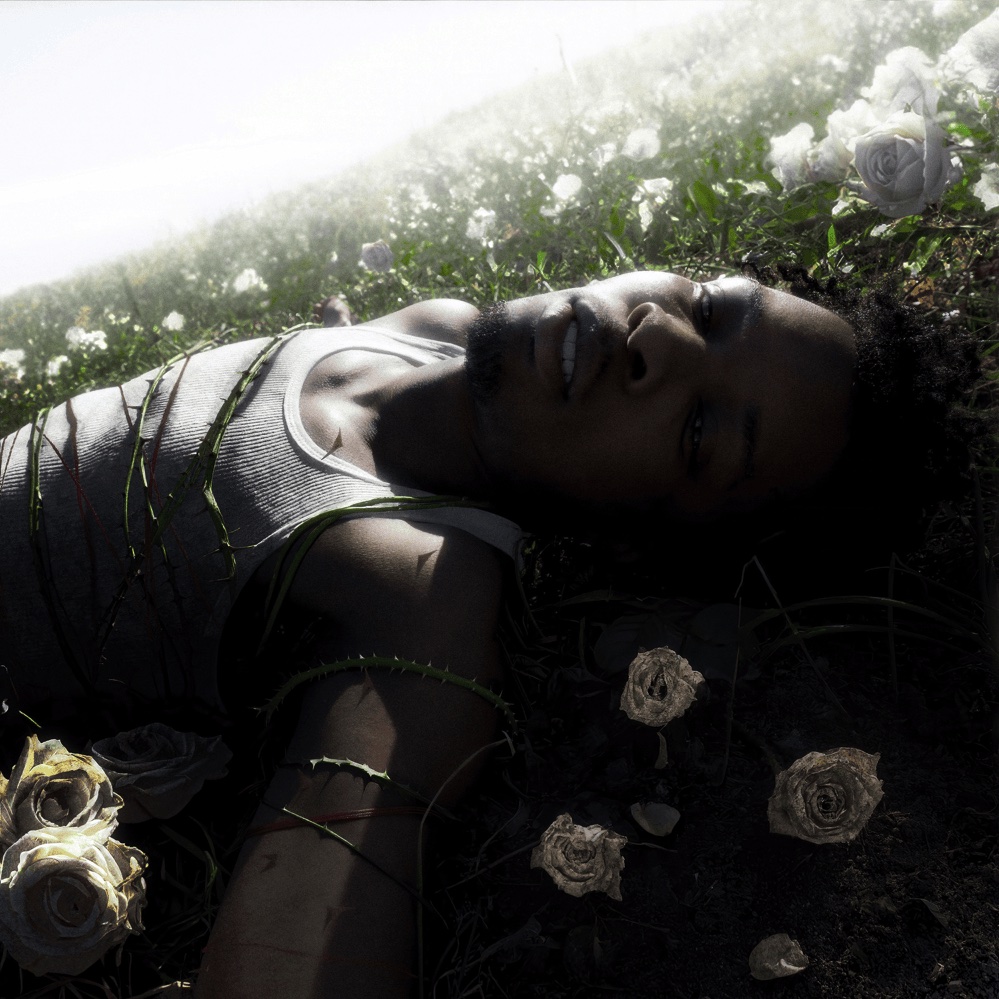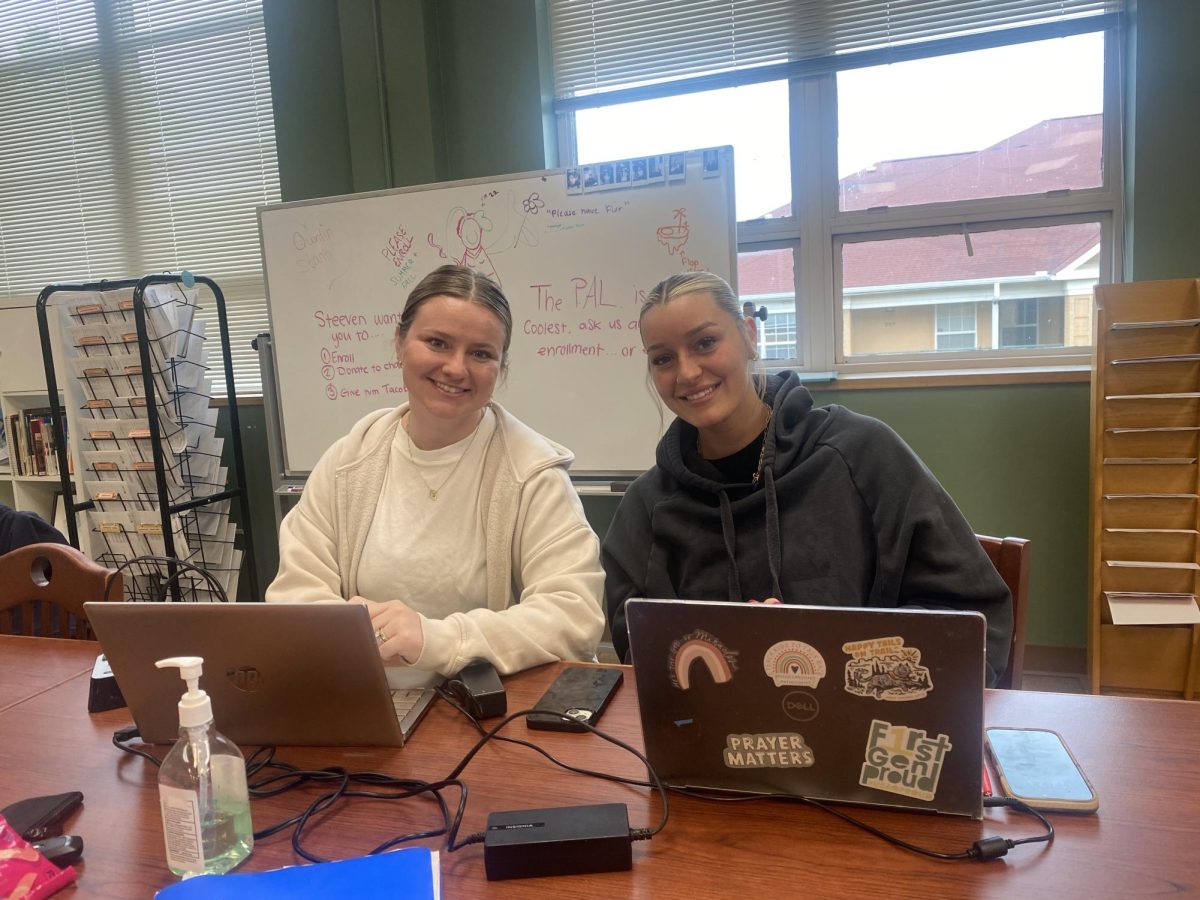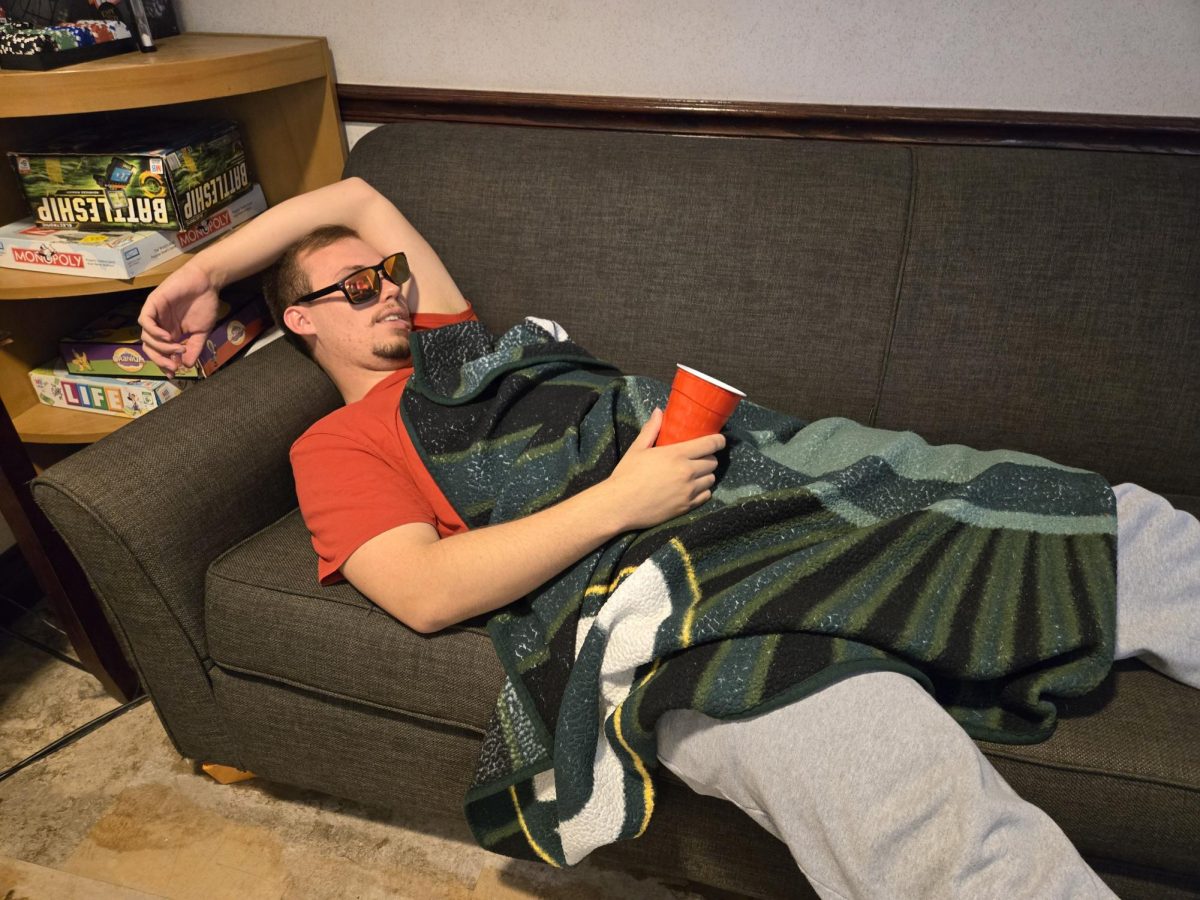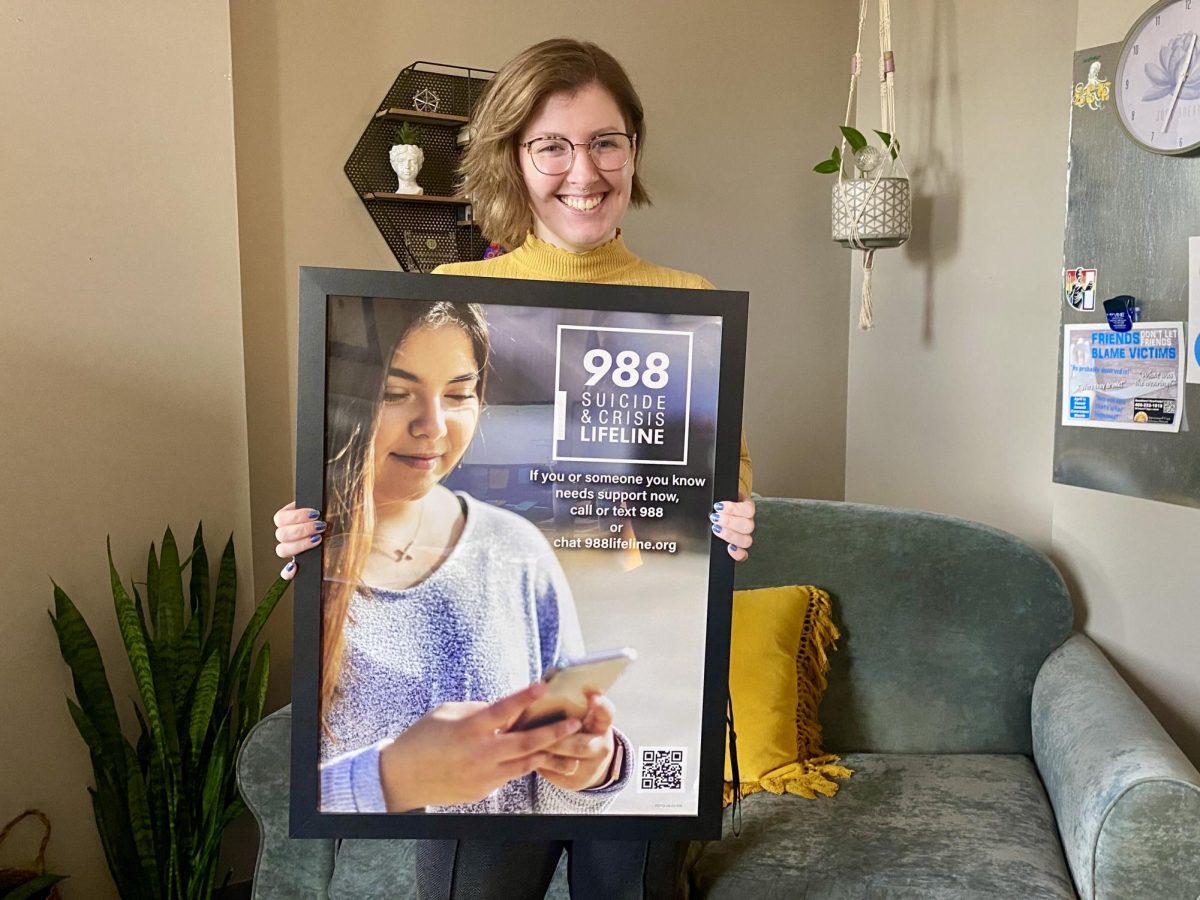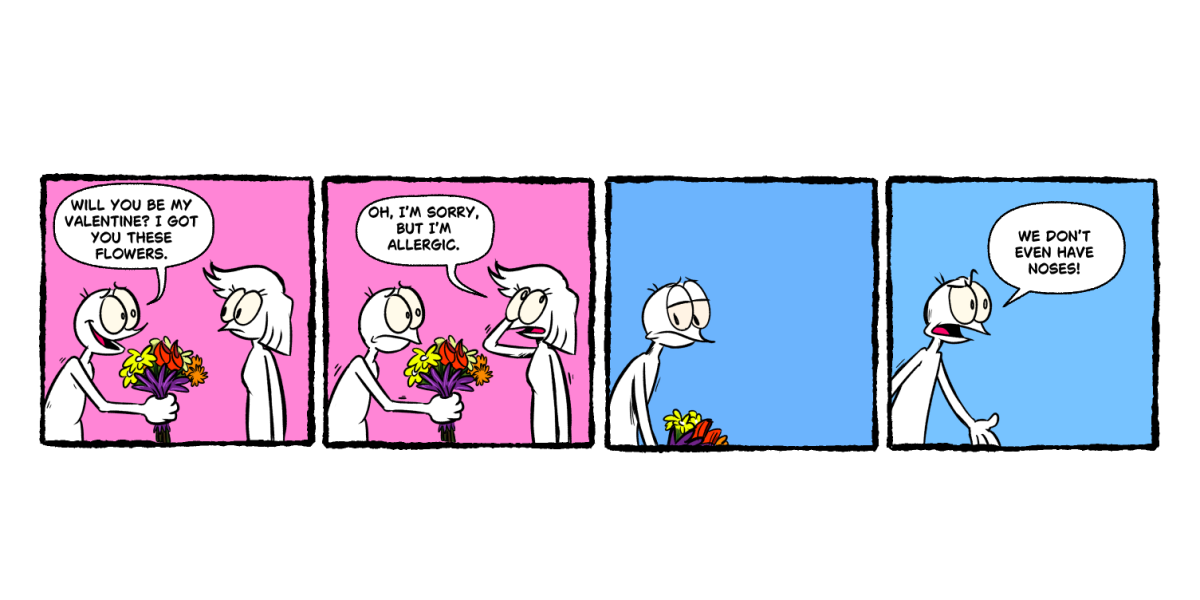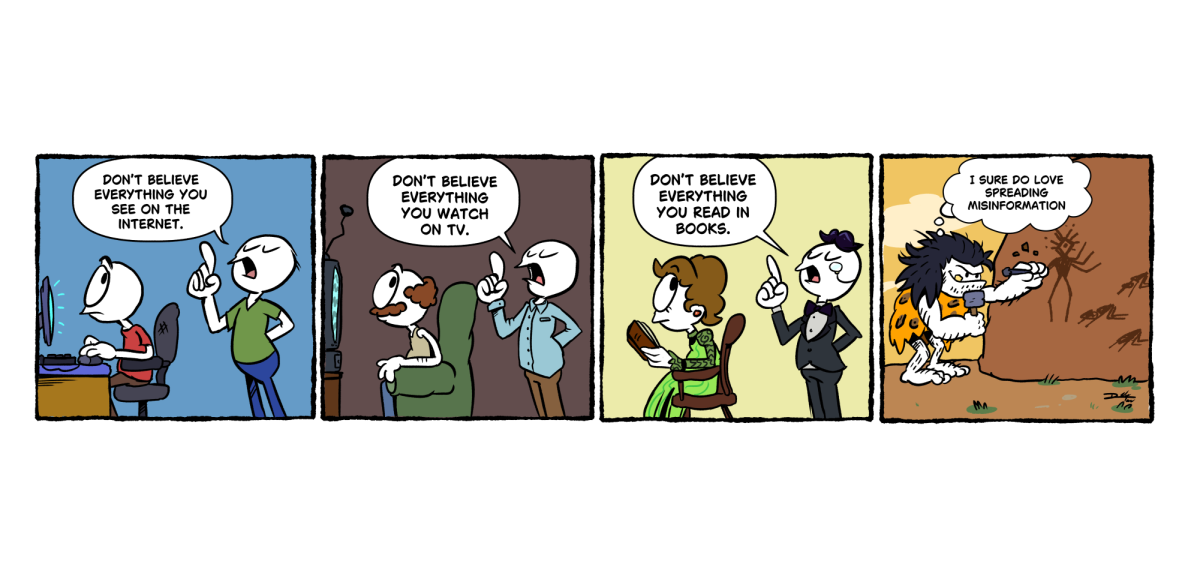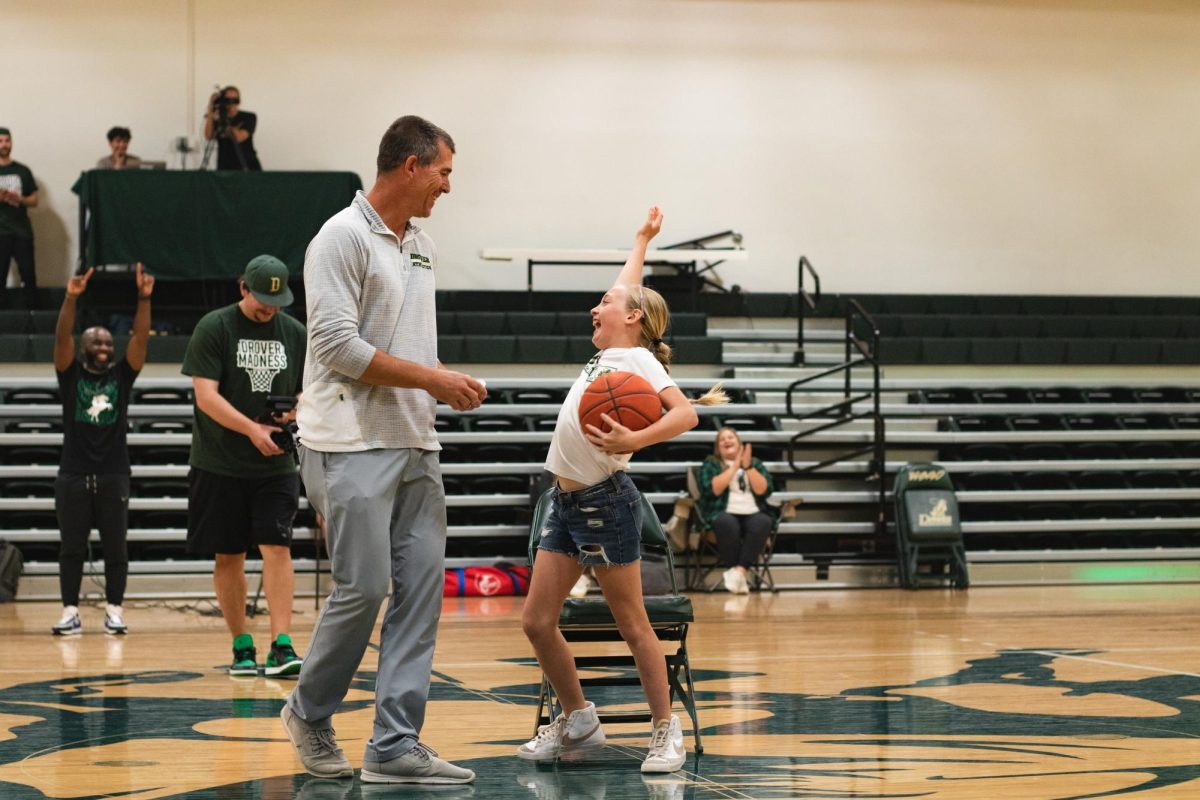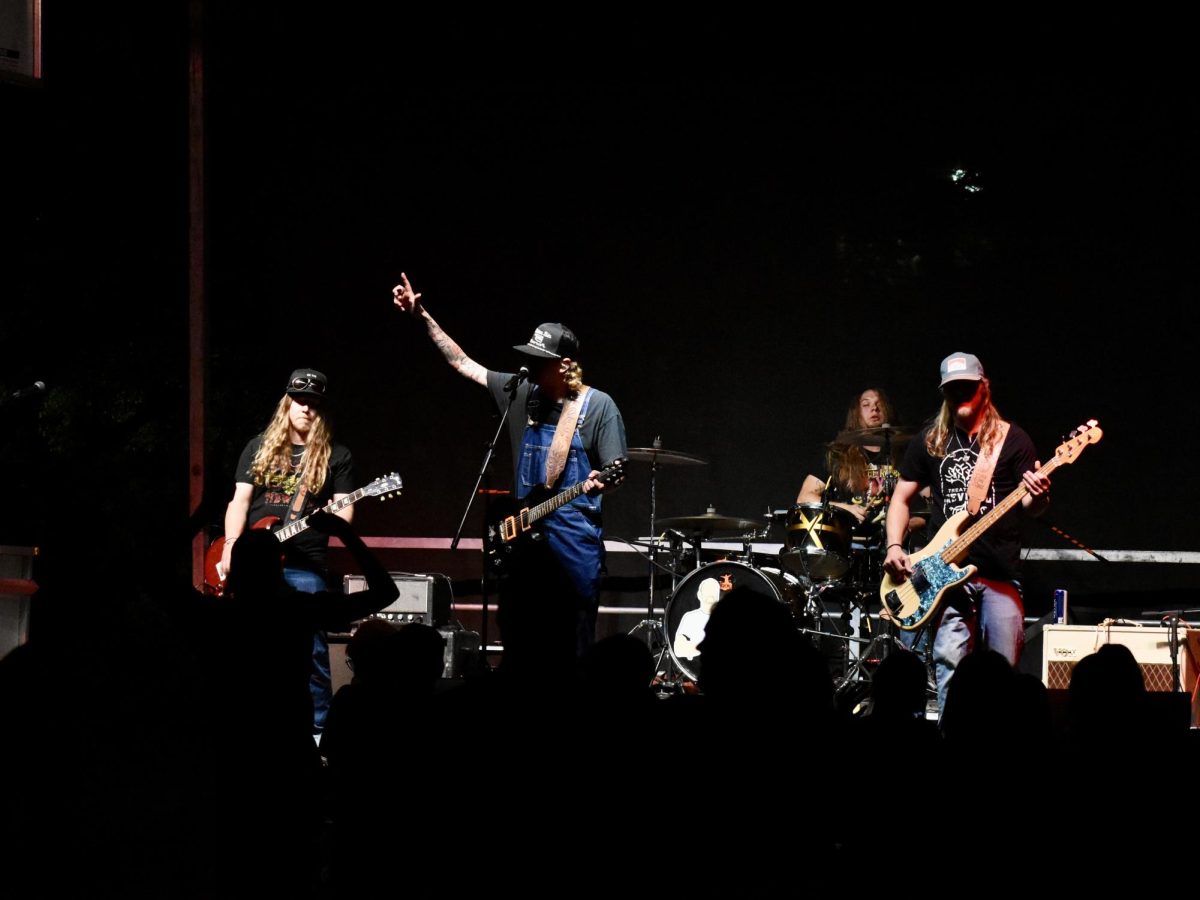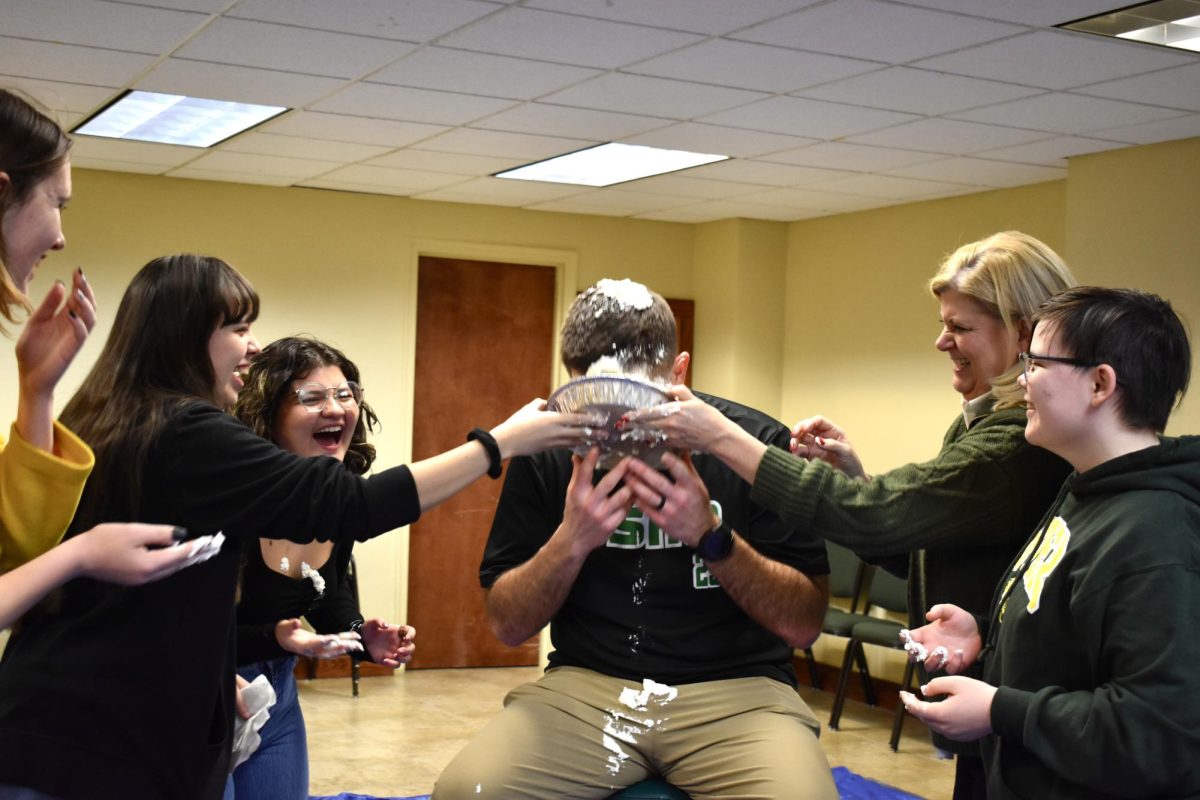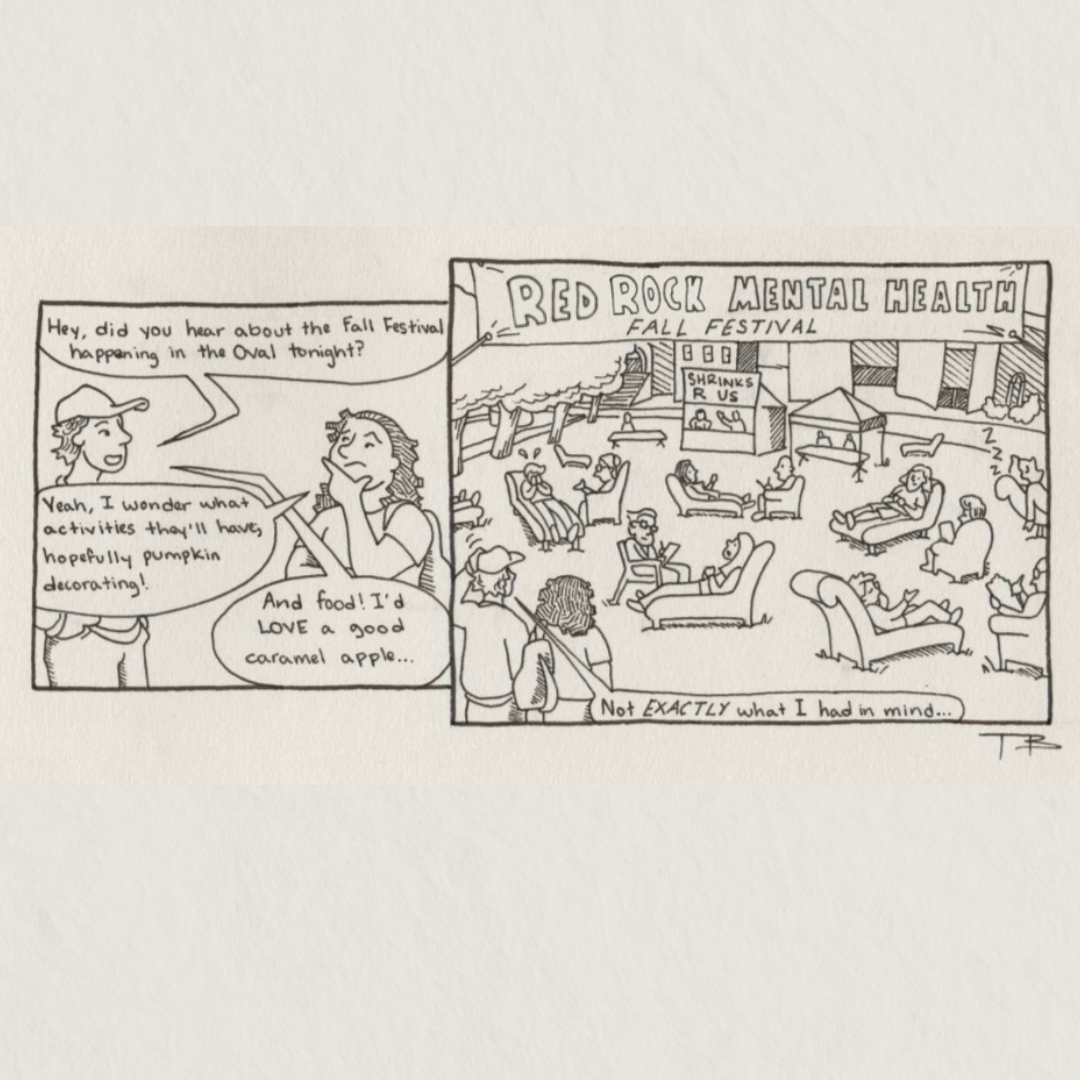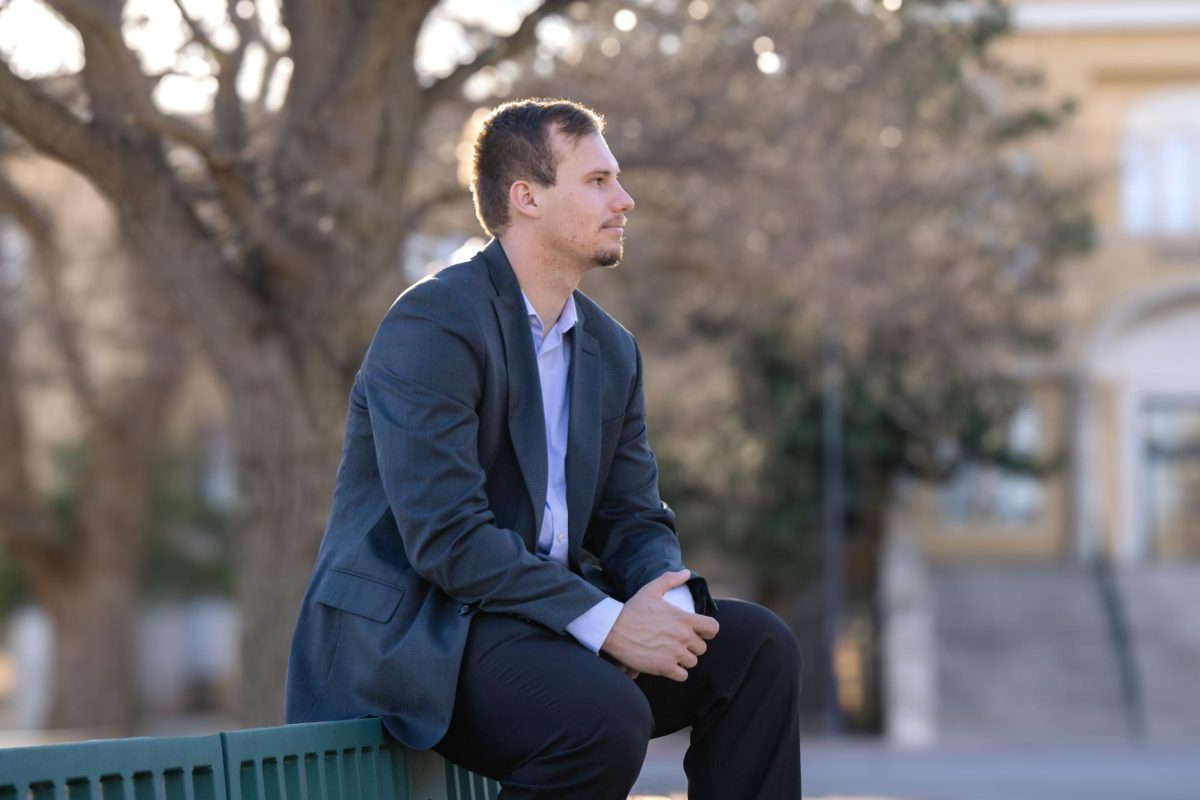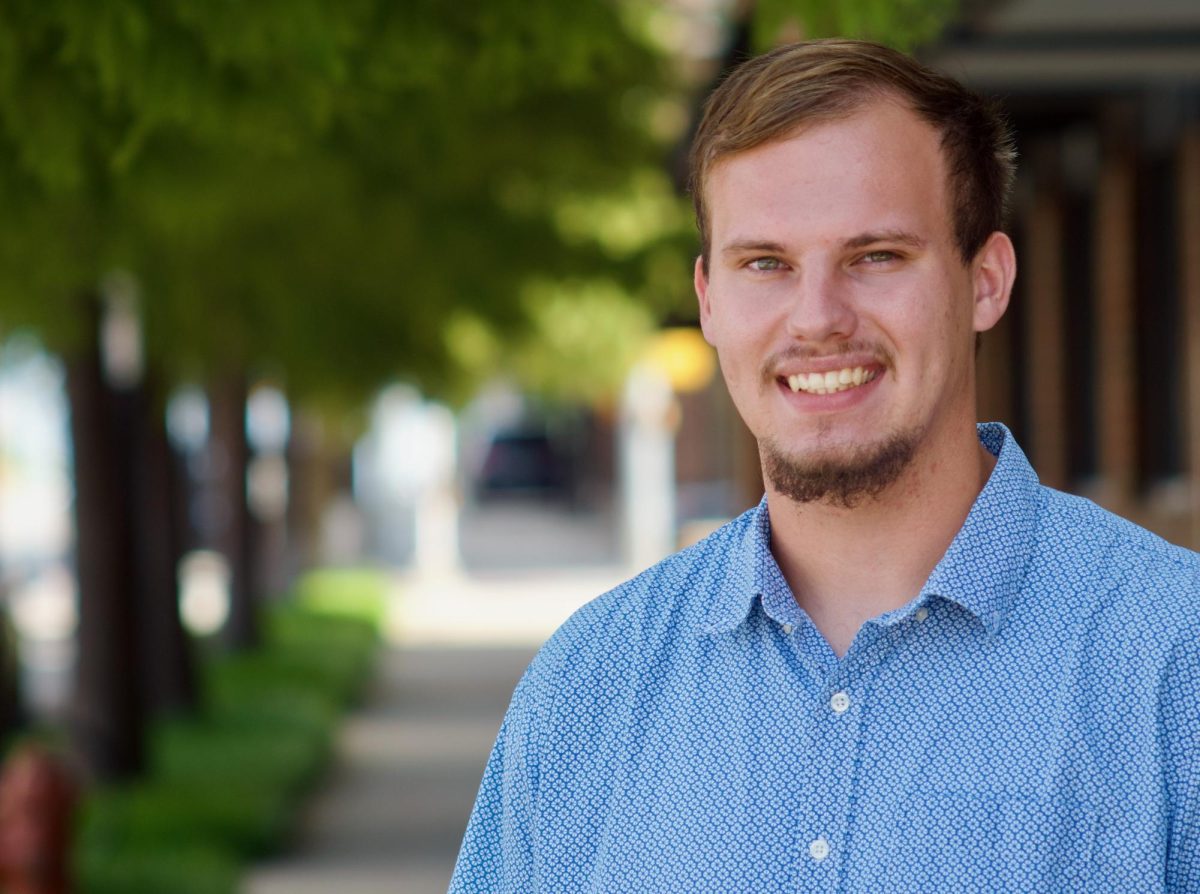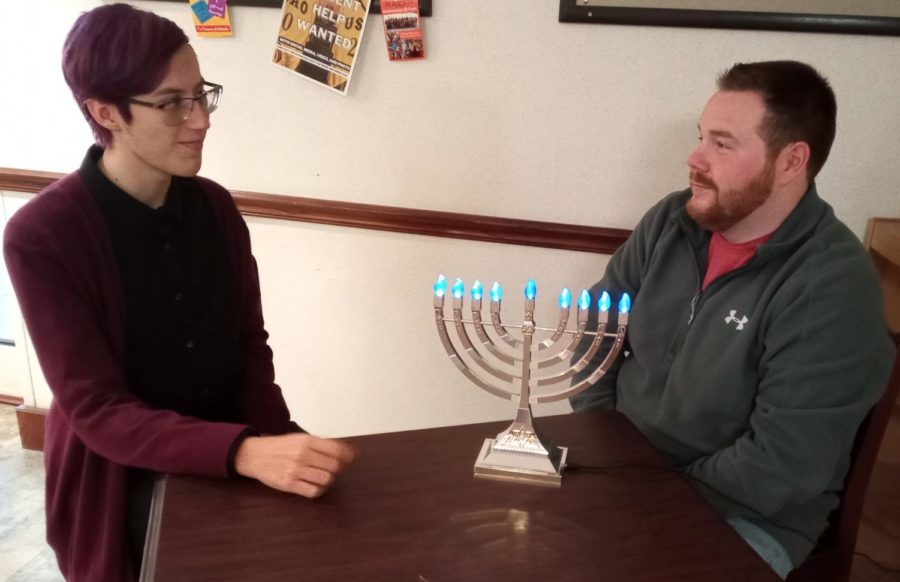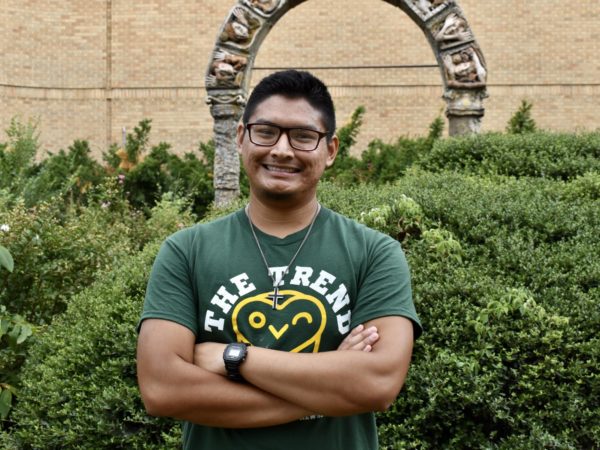Hanukkah: A Dedication to One’s Faith
Ryan Moses, freshman history major, and Jay Mayes, Student Life and Housing Coordinator, discuss Hanukkah’s history and traditions by the menorah.
December 16, 2022
There are many religious and ethnic groups at USAO in which many students fall in. One of those many groups includes members of the Jewish faith, who celebrate Hanukkah. The word Hanukkah means “dedication” in Hebrew. Hanukkah will begin on the evening of Sunday, December 18th and will end the evening of Monday, December 26th.
Hanukkah, also known as the Festival of Lights, is Jewish holiday celebrating the rededication of the second temple. It began with the Maccabean Revolt in the second century B.C., when a small group of Jewish people defeated their conquerors and re-took their temple. The menorah, a golden candelabrum, only contained enough oil to burn for a single day within the temple. A miracle occurred when the flames continued to burn for eight straight days.
This event inspired the Jewish sages to proclaim an annual eight-day festival. Since this celebration has continued for centuries many traditions surround the eight days. A few traditions include the menorah and its oil. Since the miracle of the oil plays a big role in Hanukkah, foods eaten in oil are a major thing for this holiday.
“We have food made with oil like potato cakes (called “Latkes”) and jelly donuts, because the oil is considered sacred,” said Jay Mayes, Student Life and Housing Coordinator.
Mayes continued by saying gifts are exchanged as well, similarly to Christmas. This period of gift exchange is called Mishloach Manot. Ryan Moses, a freshman history major, said one of the traditional gifts is called gelt, or chocolate coins covered in gold. Gelt is given to children so they can gamble with the dreidel without using real money.
Another tradition that goes along with Hanukkah is the dreidel, which is a spinning top used for gambling. Children often play with the dreidel during this holiday. Mayes said other real money substitutes include candy corn or other items families have an abundance of.
“Children would play with the dreidel to cover up for them studying the Torah,” said Moses. “Under the Seleucid Empire (the Empire who conquered the Jews and defiled their temple) at the time we weren’t allowed to study the Torah.”
Along with the many traditions that go along with Hanukkah, the holiday itself also symbolizes the continuation of Jewish culture.
“To me, Hanukkah is about the survival of the Jewish culture in the face of a lot of people not being a fan of it,” Moses said. “With a lot of anti-Semitism happening recently, it’s good to remember that this has happened to us before. We survived it before, and we’ll survive it again.”
“Hanukkah means that we’re telling people that we’re basically here to stay,” Mayes said. “There’s a lot of bad stereotypes people have that are simply not true.”
Shalom!
Paul Tointigh is a third-year Communication major at the University of Science and Arts of Oklahoma.


